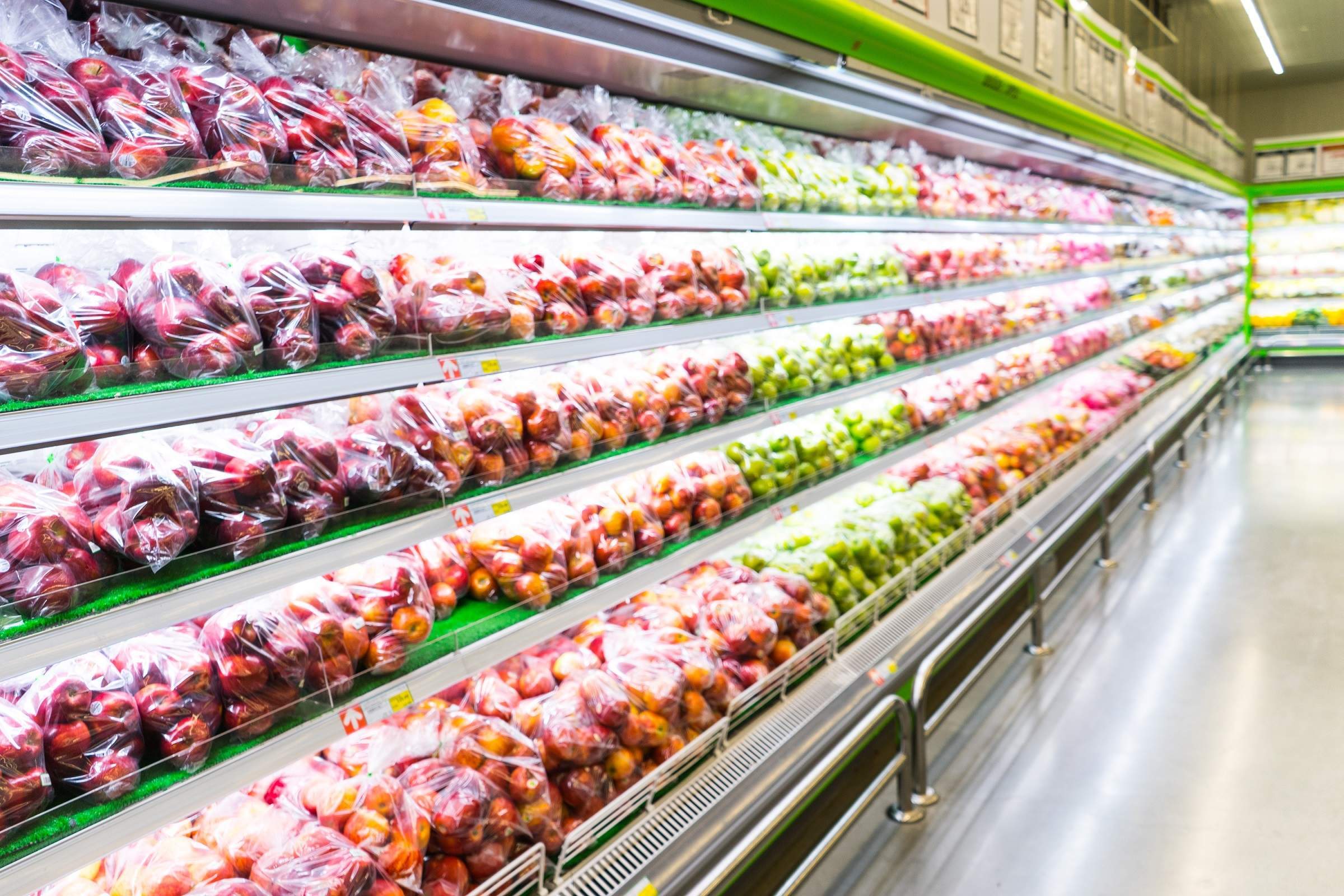
The UK’s retail trade association has warned that retailers will no longer be able to protect consumers from the increase of imported goods since the Brexit vote last June.
The British Retail Consortium (BRC)’s latest report shows that food prices increased again in August, from 1.2 percent in July to 1.3 percent.
In addition, the deflation rate for non-food products was 1.3 percent this month, the lowest rate in four years, as shop prices edged closer to inflation.
In particular, as the UK moves into the winter months and starts having more of a reliance on imported fruits and vegetables, shoppers will start to see prices rise.
This is bad news for families as price increases across food and Non-Food products are going to start putting more pressure on household budgets.
Brexit inflation
Helen Dickinson, chief executive of the BRC, said:
How well do you really know your competitors?
Access the most comprehensive Company Profiles on the market, powered by GlobalData. Save hours of research. Gain competitive edge.

Thank you!
Your download email will arrive shortly
Not ready to buy yet? Download a free sample
We are confident about the unique quality of our Company Profiles. However, we want you to make the most beneficial decision for your business, so we offer a free sample that you can download by submitting the below form
By GlobalDataThe reality is that with protection from hedging policies comes to an end, Non-Food retailers are running out of options for protecting shoppers from the significant increases in the price of imported goods since the EU referendum in June last year.
Read more: The UK food industry could descend into chaos if the government fails to act
Dickinson has called for the UK government to make households a priority as it begins negotiations with the EU on its future trading relationship.
It should do all it can to avoid a situation where future tariffs and administrative costs lead to price increases on top of those already being faced by consumers.
Speaking of the UK’s trade links with the EU, the BRC is concerned that imports of products including food, wine, and clothing, could be disrupted once the UK leaves the Customs Union after 29 March 2019.
It is estimated that 79 percent of all food and drink imported into the UK comes from the EU.
Dickinson said:
A strong deal on customs is absolutely essential to deliver a fair Brexit for consumers.



